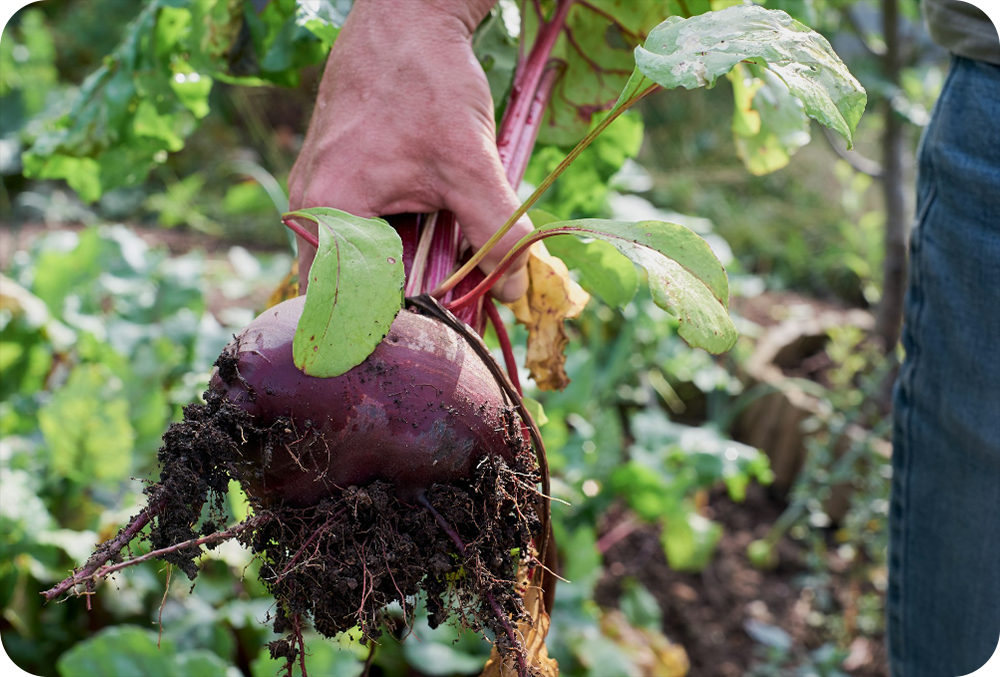Organic food is increasing in popularity as consumers learn more about food production, despite its association with higher costs. In comparison to the long-term impact of processed foods, for some consumers, the slightly inflated price tag of certified organic foods seems like small change.
Those working in the supply chain or in procurement are more than likely already familiar with organic and sustainably farmed foods. Whether you pride yourself in sourcing and fostering relationships with organic suppliers as a means of sustainability, or for reasons pertaining to quality, it’s a step well worth taking. Throughout my time working closely with professionals operating in the food and beverage industry, here are some of my observations.
But what makes food organic?
We see this label with its connotations of being healthier, better quality, and elevated above non-organic options. But what hoops do suppliers have to jump through to ensure their produce can achieve this classification?
According to the Soil Association, founders of Organic September and an authority on sustainable and healthy produce, organic is “a system of farming and food production. Organic farmers aim to produce high-quality food, using methods that benefit our whole food system, from people to planet, plant health to animal welfare.”
It is challenging to meet all the requirements which earn the organic badge. Just 20 of the 300 or so pesticides permitted under EU law meet organic standards. It also incurs extra costs for the suppliers, as organic farming methods often offer less yield than non-organic methods. The trade-off is that organic farming supports the local environment so that it can keep producing food, unlike non-organic which can be harmful and unsustainable in the long run.
What are the advantages of ‘going organic’?
Practises such as routine antibiotic use in dairy farming and beef farming can have knock-on detrimental effects on the consumer. Antimicrobial resistance is a big concern for healthcare providers, and routine antibiotic use contributes to this issue. It renders the antibiotics which have saved lives for over 70 years ineffective through overexposure.
Non-organic farming has a notable impact on the future of food and drink production. In the Prosecco region, for example, around 400,000 tonnes of soil is lost each year due to traditional grape farming techniques. By contrast, sustainable farming practices are being developed to preserve the unique terroir— the combination of geography, geology, and climate that influences a wine’s flavour and taste—ensuring a more environmentally friendly approach to winemaking.
Protecting the future of quality harvests against external factors like climate change is the advantage, ultimately. Supporting organic farming techniques safeguards the future of food and beverage businesses.
How can you support organic?
By choosing to support organic suppliers, of course. I’ve already mentioned that they can incur extra cost, and though they may be well-deserving of that price tag, it can still be an uphill battle to advocate for increased spending for these reasons.
There are also challenges in terms of vetting suppliers who claim to be organic. If you have paid more than you usually would for quality you’ve been assured is ‘organic’ only to discover later down the line that this may not be the case, it could be damaging on more than one level.
You can reduce this risk by ensuring that your supplier data is as accurate as possible. This can mean extra hours spent chasing suppliers for their credentials and other important data to prove their credibility and trustworthiness, which is still liable to human error. There are also digital options available, vastly reducing the amount of man hours required to on-board suppliers as well as reducing the risk of human error, such as ARCUS® Supplier Information Management, for example.
Software designed to tackle the high-risk elements of supplier management can be a boon to your business. It can also support third-party integrations, like how ARCUS® integrates with the Soil Association, Science Based Targets, and Red Tractor. This ensures that due diligence is automatically completed if a supplier claims to hold organic credentials from the Soil Association, as ARCUS® holds a live connection with the trusted third-party database - making checking out supplier credentials far less hazardous and time consuming.
With the right tools, supporting organic and sustainable suppliers within your business and supply chain becomes simple. Do yourself and the planet a favour, and consider organic suppliers to support your sustainable strategy.

